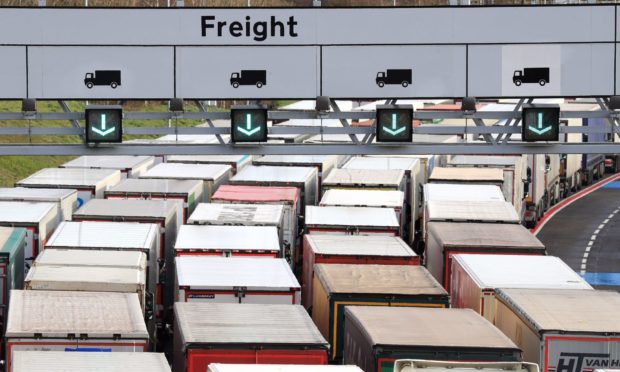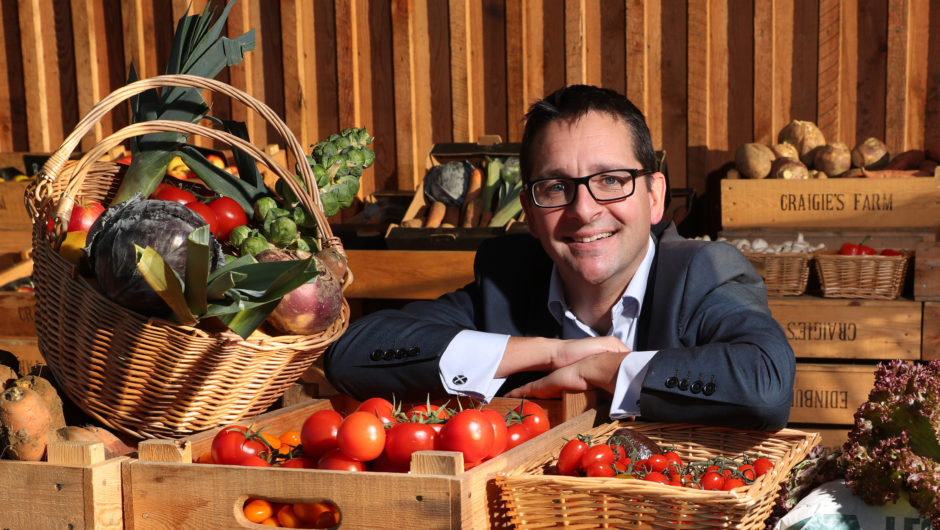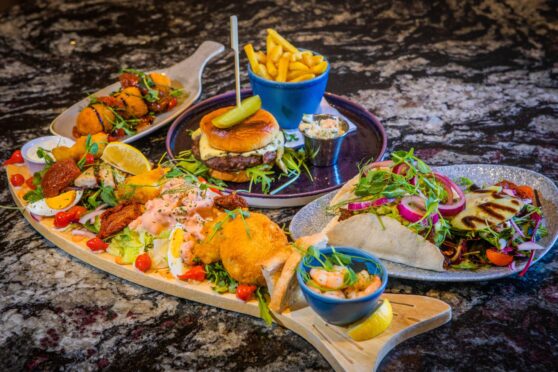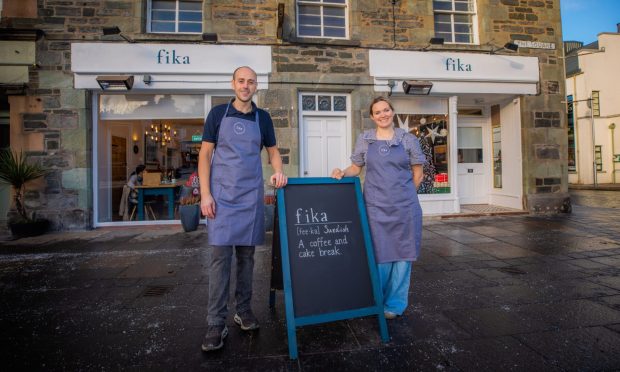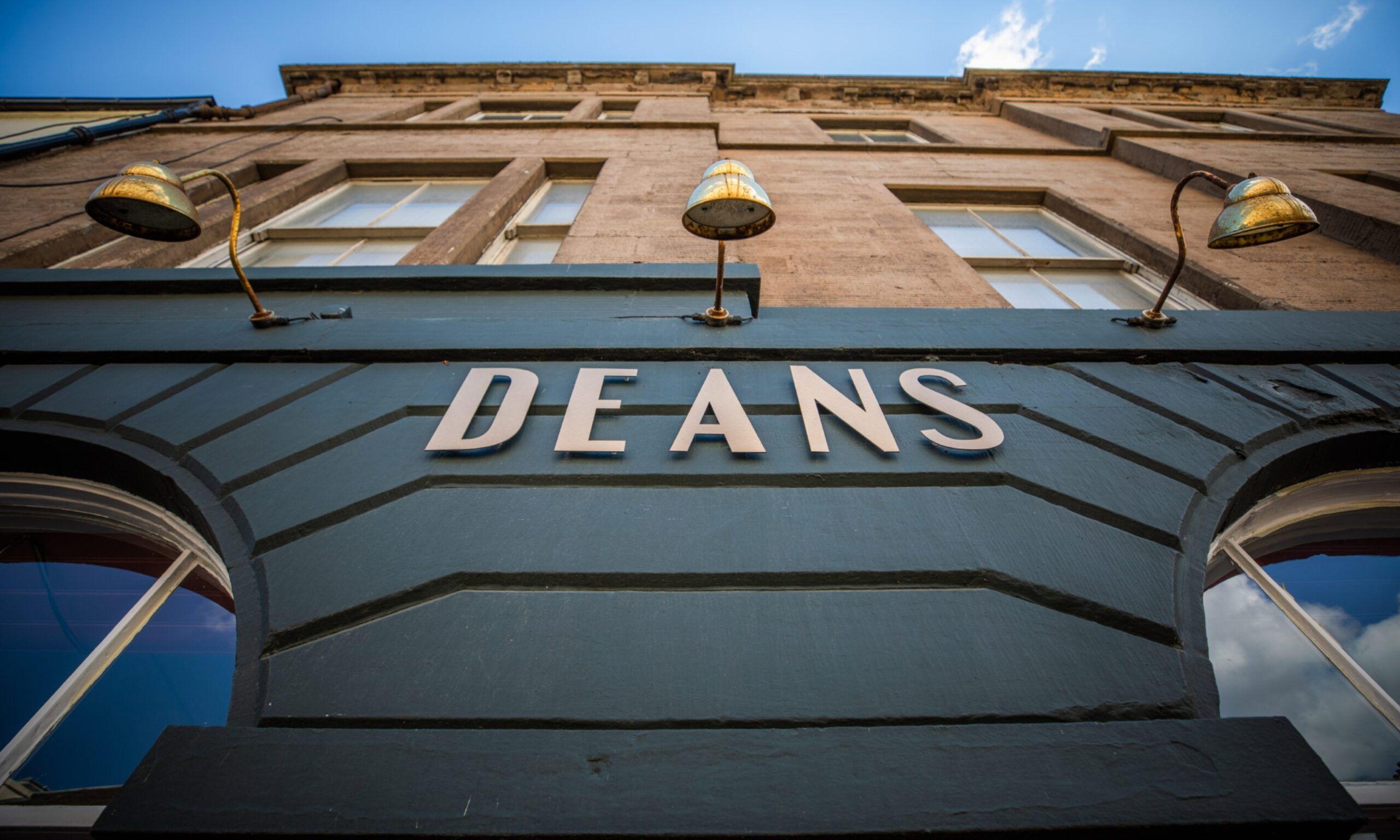France has lifted its ban on lorries carrying freight from the UK amid fears over the new mutant coronavirus strain, but it may have already led to heavy losses for Scottish food and drink suppliers.
An incoming ban plunged the UK into chaos when it was imposed at 11pm on Sunday following the spread of the new strain of Covid-19 and the Port of Dover closed to all freight vehicles leaving the UK for 48 hours.
Reports suggest Britain’s borders are now to reopen with Dover saying inbound lorries are now coming into the UK and the French Government pledging to “resume movement” as soon as possible.
Accounting for 20% of all goods bought and sold in the UK, in the region of 10,000 lorries a day travel through Dover. There were fears the French shutdown would lead to shortages of fresh food and the coronavirus vaccine.
The French Government has also now released a statement saying that movement between the country and the UK would resume “within hours”.
And there may also be a requirement introduced for lorry drivers to be tested for Covid-19 prior to travelling to mainland Europe which will delay transportation of produce further.
James Withers, chief executive at Scotland Food & Drink, had implored the UK Government to take urgent action to ensure access to the critically important market for Scottish food and drink exports, with around £5 million of Scottish produce heading for Europe daily.
Mr Withers had pressed for the ban on freight travelling to continental Europe through France to be ended with Scottish suppliers facing enormous losses at a time when their businesses are already suffering due to the effects of the coronavirus pandemic.
He warned: “We need the ban on freight moving across the English Channel lifted in the next 24 hours so products can start moving by Tuesday morning at the latest. We have heard from companies with dozens of lorries now stuck, having travelled overnight to Dover or the Eurotunnel which are now shut to incoming traffic.
“They are carrying perishable products worth millions and the clock is ticking for that product to survive these delays. We estimate there will be over £5 million of Scottish food that would be been heading into France daily this week.
“The timing of this could scarcely be worse for many businesses. There are critically important markets scheduled for Wednesday in France and Spain as part of the big pre-Christmas sales rush. As things stand, Scottish seafood exports will not reach them, which will compound the losses businesses have already suffered as a result of Covid this year.
Massive concerns
“We are also aware of some red meat shipments affected. In addition, businesses importing ingredients and fresh products will be hugely concerned if this lasts longer than 48 hours and incoming freight is disrupted because drivers won’t risk getting stuck in the UK.
“I entirely understand the concerns of France and others about this new strain of Covid-19. We’re all worried about it. However, France stands alone in introducing a freight ban, other EU countries have just focused on restricting the travel of the general public. We need the UK Government to urgently agree a protocol for freight movements, with perhaps the testing of drivers able to provide the necessary reassurance.”
UPDATE, 11.30pm: French border closed 30 mins ago. Two companies we’ve spoken highlight the nightmare. Close to £1M of perishable product on lorries en route to U.K. ports (that’s only 2 businesses). Now parked up for the night. Xmas delivery dates missed, losses grim. https://t.co/5F89hrmewr
— James Withers (@scotfoodjames) December 20, 2020
Delay call
And Mr Withers believes that the UK Government must act now and delay any changes to scrutiny on exports come Brexit on January 1.
“This latest development must result in a Brexit rethink too. For two months we have been calling for a delay to new Brexit checks on exports,” he added.
“The UK Government has to recognise that we are in the midst of a perfect storm and to risk further disruption and financial damage to businesses in just 10 days’ time is completely unacceptable. The new checks due to come into force at the end of the transition period must now be delayed. Everything has changed.”
According to the Scottish Government’s export figures, which were released last week, France remains the single largest importer of Scottish food and drink products. Exports to France for the first nine months of 2020 are already down 11.3% on the same period the previous the year.
In 2019 Scotland sold £1.2 billion of food to the EU, the majority of which went through English Channel routes facing the current blockage.
Worst time
Colin Smith, chief executive, Scottish Wholesale Association, said he was encouraged to hear that a resolution could be on the way. However, he stressed the vital importance of the UK Government keeping our borders open for trade.
“The UK Government must take swift action and we join other trade groups in hoping we have a resolution to this situation as soon as possible,” he said.
“While Scottish food and drink producers need access to continental Europe via France for export markets, businesses importing fresh products and ingredients are rightly concerned that the longer this situation lasts drivers won’t want to take the risk or being stranded in the UK.
“We are encouraged to hear that the French Government has said it will establish health protocol to get things moving again but this has to happen quickly.
“After the struggles of the last 10 months, this is absolutely the worst time for something like this to happen.”
Don’t panic buy
There is “no need” to panic buy as a result of France’s ban on freight lorries from the UK, the chief executive of the Food and Drink Federation has said.
Ian Wright told BBC Breakfast this morning (Monday December 21) that there is, however, “concern” around food supplies in the longer term, particularly after Christmas.
He said: “The problem is the return journey of drivers coming to the UK. If they cannot be guaranteed either that they will get out of the UK because of the congestion or that they will be able to secure a return journey full of whatever product it is, that’s going to make it much more unlikely for them to come in the first place.
“And, over time, because the transport system requires these round trips, that will reduce the ability of us to bring food into the country after Christmas if that takes effect.
“We need a pragmatic solution that gets drivers across the border and into the UK by whatever route in exactly the same way we had throughout the lockdown in March and in the earlier part of the year.”
There will be Vivier trucks from all over Scotland heading in that direction, millions of pounds worth of seafood at the time of the most important market of the year the last one before Xmas, Jesus if BREXIT wasn’t going to put us out of business by Tuesday this week we will be
— Lochfyne langoustines Ltd & Lochfyne seafarms Ltd (@LochfyneLangous) December 20, 2020
The general manager of trade group Logistics UK, formerly the Freight Transport Association, has urged the public not to panic buy following France’s freight lorry ban.
Alex Veitch said the government needs to work with EU partners to come up with a pragmatic solution to give the French and other authorities confidence that drivers are Covid-free.
Speaking to BBC Breakfast, he said the ban is only affecting outbound freight with drivers in a truck, and that inbound goods are still moving.
He said: “This is why we are saying at the current time, please, there is no need to panic-buy, there are goods available in the shops, retailers are doing everything they can.
“But at the same time it is serious and we do need a resolution as quickly as possible.”
